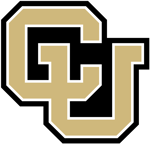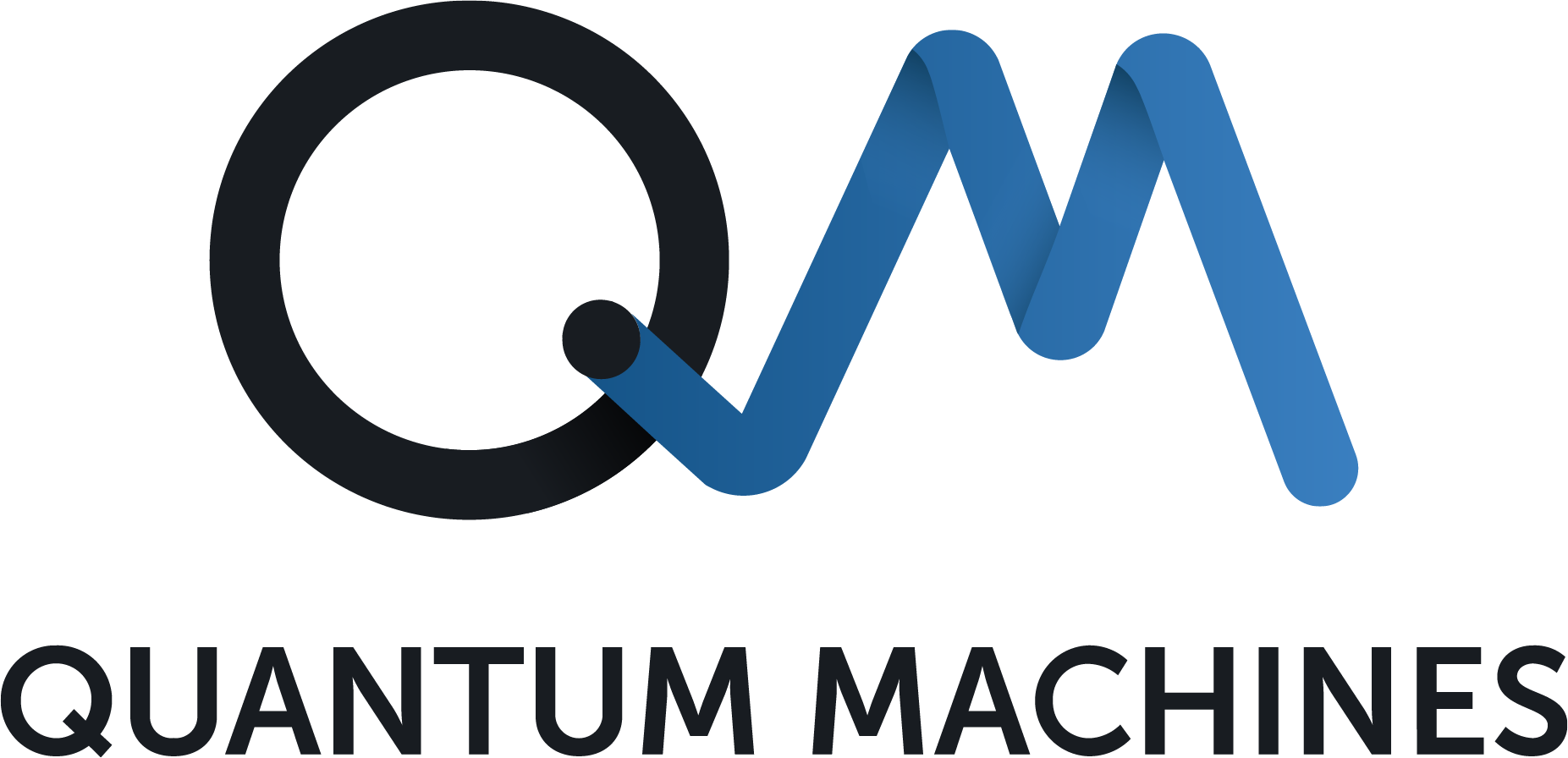
Seminar: Quantum-Classical Circuits & Algorithms
When: November 15, 2023 | 9:00am-12:00pm
Where: Room 1B70, the Discovery Learning Center (DLC), 1095 Regent Drive, Boulder, CO 80309
Join us as we present some of the most exciting breakthroughs in quantum computing research.
Take advantage of the unique opportunity to connect with leading experts, explore future career paths, and learn more about the transformative fusion of academia and industry in the quantum field.
Agenda (abstracts below)
- 9:00 - Gathering & light breakfast
- 9:20-9:30 - Opening Remarks
- 9:30-10:00- Protected superconducting circuits from disordered superconductors | Prof. Andras Gyenis, University of Colorado
- 10:00- 10:30 - A general theory of circuit quantization | Andrew Osborne, University of Colorado (Lucas group)
- 10:30-11:00 - Realizing large, tunable dispersive shifts with parametric couplings | Ray Simmonds, NIST
- 11:00 - 11:30 - Unlocking the Potential of Quantum-Classical Processing | Dr. Yonatan Cohen, co-founder & CTO, Quantum Machines
- 11:30-12:00pm - Demos & snacks

Protected superconducting circuits from disordered superconductors | Prof. Andras Gyenis, University of Colorado
Quantum-based electronics is an accelerating technology, where information is encoded in the quantum mechanical states of coupled superconducting circuits. To unlock the potential of quantum computers, one of the key challenges that the field has to overcome is to preserve the coherence of a quantum superposition over extended times. Besides implementing quantum error correction schemes, a complementary approach to prolong the coherence of quantum processors is to develop qubits that are intrinsically protected against decoherence. In this talk, we discuss the basic requirements of such protected superconducting qubits, and present preliminary results on how to use disordered superconductors to open the way to building superconducting qubits with protection against information loss. In particular, we focus on elements built from disordered WSi which has shown excellent properties in single photon detectors.

A general theory of circuit quantization | Andrew Osborne, University of Colorado (Gyenis group)
Circuit quantization is an extraordinarily successful theory that describes the behavior of quantum circuits with high precision. The most widely used approach of circuit quantization relies on introducing a classical Lagrangian whose degrees of freedom are either magnetic fluxes or electric charges in the circuit. By combining nonlinear circuit elements (such as Josephson junctions or quantum phase slips), it is possible to build circuits where a standard Lagrangian description (and thus the standard quantization method) does not exist. We derive a simple, rigorous procedure for quantizing non--dissipative circuits with arbitrary nonlinear elements using ideas from graph theory and differential geometry.

Realizing large, tunable dispersive shifts with parametric couplings | Ray Simmonds, NIST
Engineered dispersive shifts in cavity-QED systems are important for enabling high fidelity qubit measurement, fast logic gates, state preparation and error correction protocols. Standard superconducting circuit-QED systems typically rely on static coupling between qubits and cavities. In this talk, we will focus on describing our experiments with two transmon qubits coupled to a cavity via a dc-SQUID. We show that our system can avoid qubit decoherence by minimizing static coupling to the readout cavity during qubit operations. With both the qubits and cavity at fixed frequencies, the addition of a parametric drive on the SQUID can dynamically produce large positive or negative dispersive shifts allowing qubit measurements. These parametric dispersive shifts are tunable and can be applied to both qubits simultaneously producing equal or opposite shifts on the cavity, which distinguishes even or odd parity states. This system exhibits qualitatively new features not supported by static circuit-QED setups, thus opening up a new paradigm for controlling light-matter interactions.

Unlocking the Potential of Quantum-Classical Processing | Dr. Yonatan Cohen, co-founder & CTO, Quantum Machines
In recent years, it has become increasingly clear that realizing the potential of Quantum Computers would require tight quantum-classical integration, in particular to overcome the high error rate in various manners. In this talk, we will dive into the considerations for building quantum-classical architectures and present the latest progress and developments in the field. We will present our latest results from Google-Quantum Machine’s collaboration to perform long range quantum teleportation, demonstrating the need of and the advantage of tight, real-time quantum-classical integration. We will discuss the importance of defining quantum-classical processing requirements and benchmarks. Finally, we will introduce NVIDIA-Quantum Machine’s DGX Quantum, an architecture built to scale up ultra-low latency quantum-classical machines towards practical implementations of quantum error correction.